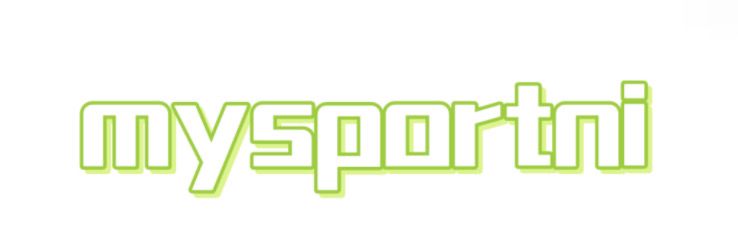The Major Role of the IO Is As a Game Changer
Link to sonnepower
当今的在线互动和交易领域正在快速变化,而这一演变的核心就是物联网(IoT)。在探讨物联网的角色时,必须理解它不仅仅是一个趋势,而是一个能够重新定义各个行业的变革性力量。本文将深入探讨IoT作为游戏改变者的主要角色。
物联网剖析:简要概述
物联网是由互联设备组成的网络,这些设备能够收集、发送和接收数据。这些设备的范围从日常家居用品到复杂的工业设备,旨在提高效率并提供实时洞察。到2023年,全球物联网市场规模约为3180亿美元,并预计到2026年将以26.4%的年复合增长率(CAGR)增长。这一爆炸性增长表明了物联网在各个行业中的巨大影响力。
物联网改变游戏的关键领域
1. 智能城市的崛起
智能城市利用物联网技术来增强城市生活。例如,实时适应的交通信号灯、根据填充水平优化路线的垃圾管理系统,以及根据消费调整供应的能源电网等。如今,全球约55%的人口生活在城市中,这使得智能城市技术显得愈发重要。例如,实施物联网解决方案的城市报告显示能源使用减少了多达30%。
2. 医疗行业的变革
医疗行业正经历重大转型。可穿戴设备实时监测患者生命体征,促使需求激增的医疗干预行为得以实施。根据一项最新研究,87%的医疗服务提供者认为物联网将显著改善患者的健康结果。此外,通过有效的物联网策略,与慢性疾病管理相关的成本每年可能减少近1000亿美元。
3. 供应链效率的提升
物联网简化了供应链操作,使得产品从制造商到消费者的追踪变得更为有效。通过实时数据,公司能够预测库存需求、减少浪费并提升客户满意度。一项调查显示,79%的供应链领导者认为物联网对提高运营效率至关重要。利用物联网的公司在物流领域报告称运营成本节省达25%。
4. 农业与食品安全的增强
在农业领域,物联网设备监测土壤状况、天气模式和作物健康等数据。这使得农民能够做出明智决策,提升产量和可持续性。联合国预测,到2050年,全球粮食产量需要增加70%以满足人口增长的需求。精细农业技术等物联网应用可以帮助实现这一目标,预计提高作物生产率达40%。
物联网实施中的挑战
尽管物联网拥有巨大的潜力,但其发展之路并非一帆风顺。数据安全性、设备互操作性及高昂的实施成本可能会阻碍其增长。一项调查显示,60%的组织认为安全性是广泛采用物联网的最大障碍。此外,实施无缝集成所需的整体策略也是至关重要的。
物联网的未来:值得关注的趋势
展望未来,多个正在崛起的趋势将进一步革新物联网领域。边缘计算,这种处理数据更靠近其生成位置的技术,预计将降低延迟和带宽消耗。到2025年,75%的企业生成数据将在集中数据中心之外处理。
另一个值得关注的趋势是人工智能(AI)在物联网系统中的崛起。人工智能可以分析由物联网设备生成的大量数据,使得预测分析成为现实,从而优化各个行业的运营。物联网与人工智能的结合可能会使各行业的决策能力提高,带来高达30%的成本降低。
结论
综上所述,物联网的确是一个游戏改变者,在多个领域推动创新和效率。随着组织认识到其变革潜力并对物联网技术进行投资,预计我们会看到深远的变化,丰富我们的日常生活。强调安全性并解决相关挑战将确保物联网的持续增长,为互联的未来铺平道路。
通过订阅我们的时事通讯,随时获取最新研究和趋势信息,并鼓励您与同行或能够受益于理解物联网关键角色的行业领导者分享本文。
有关更多信息,请访问the major role of the io is as。

